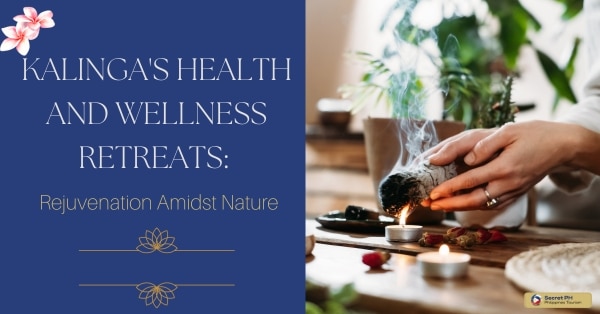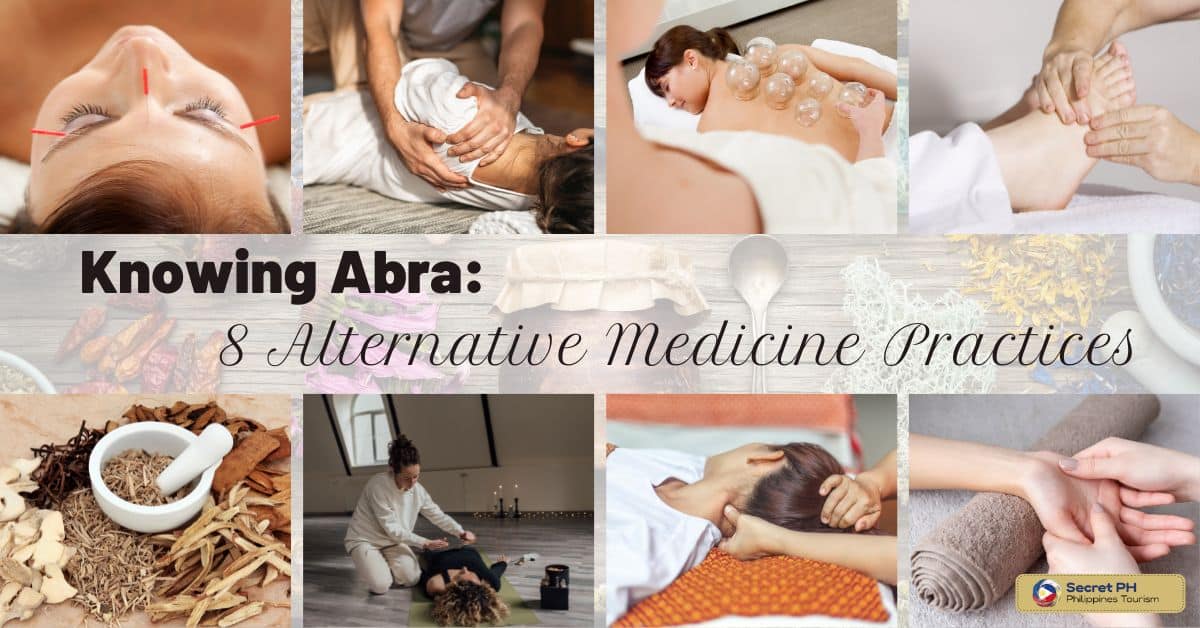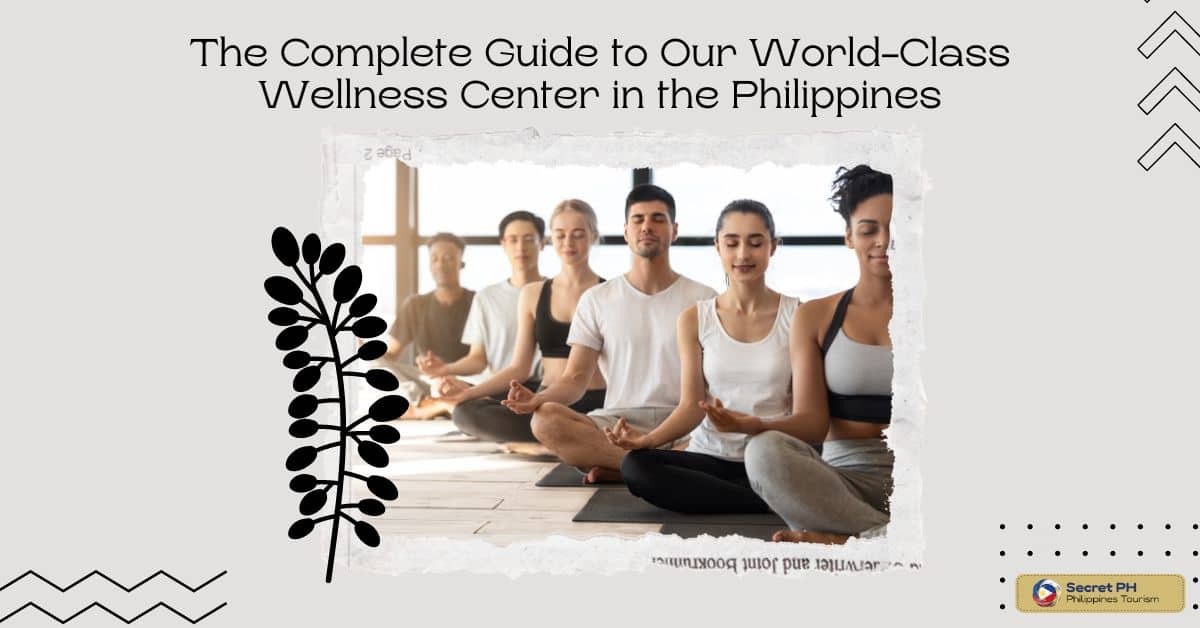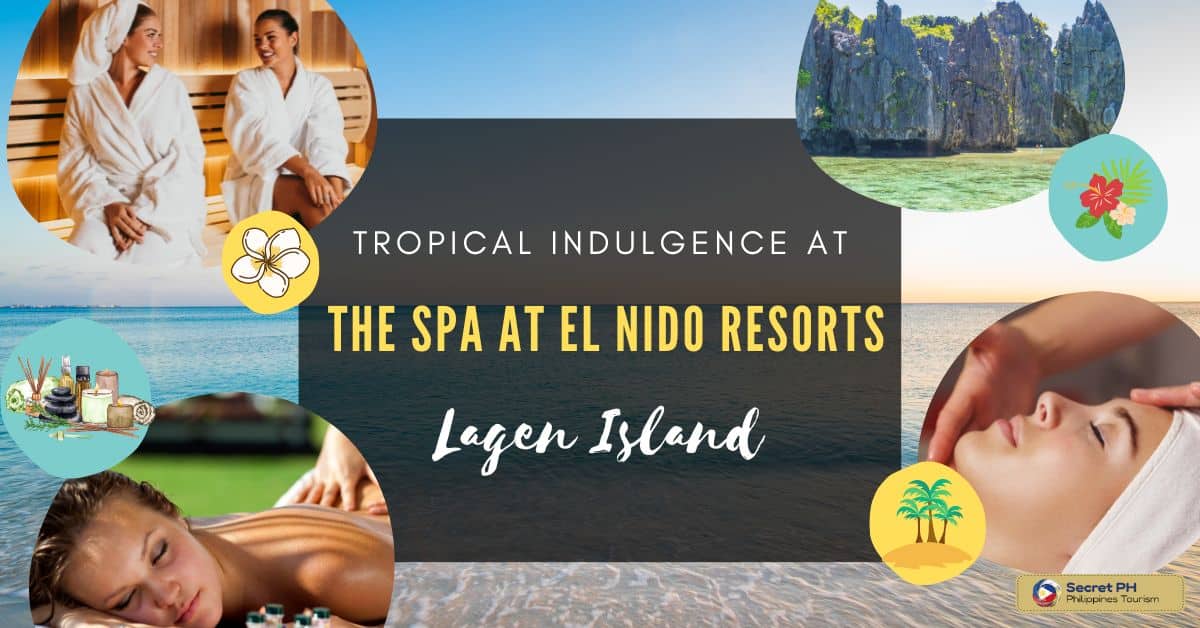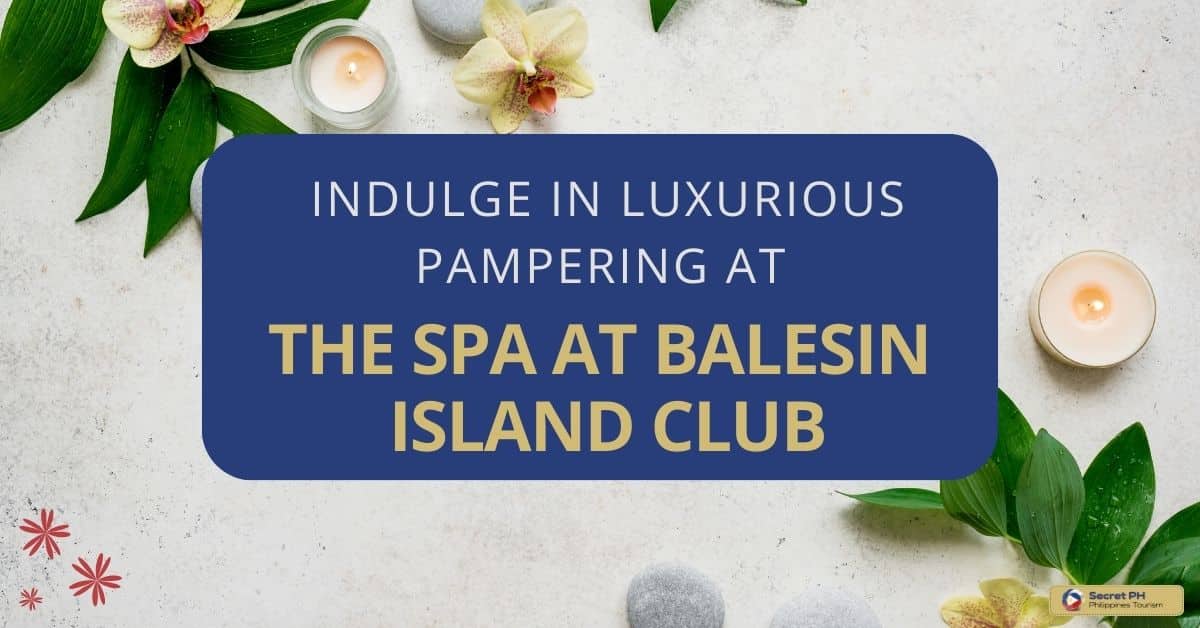Traditional alternative health practices in the Philippines, such as herbal medicine, massage therapy, and spiritual healing, have been an integral part of the country’s culture for centuries. While facing challenges such as limited resources and lack of regulation, these practices remain accessible and cost-effective options for many Filipinos.
In this blog, we will explore the benefits, and risks associated with these traditional alternative health practices. So read on to find out more about traditional alternative health practices in the Philippines!

Traditional Alternative Health Practices
Traditional Alternative Health Practices (TAHP) are healing methods that have been used in the Philippines. They are based in discovering an individual’s connection to their physical as well as metaphysical environment. TAHP has been used in combination with modern medicine and often provide treatments without drugs or medicines.
TAHP employs a range of approaches that include lifestyle changes, dietary adjustments. Exercises such as meditation or tai chi, massage and other bodywork therapies. Energy-based healing, traditional plant medicines or “herbalism”, spiritual practice and the use of charms. It can help provide relief from physical issues like pain or illness in addition to emotional problems.

Types of Traditional Alternative Health Practices in the Philippines
Traditional alternative health practices that have been used in the Philippines to maintain wellbeing since ancient times are still part of Filipino culture today. Traditional doctors – called albularyos – rely on an understanding of local religious beliefs. These ancient practices form part of the fabric of healthcare within the Philippines and provide holistic approaches to wellness.
Herbal Medicine
Herbal medicine is one of the most common types of traditional alternative health practices. Popularly known as ‘hilot’, it is an ancient healing art that makes use of native plants and herbs to promote well-being. While herbal medicines are widely regarded for their natural healing properties. ‘Hilot’ also employs other methods such as massage, bone-setting and cupping to stimulate the body’s self-healing process.
Filipino healers are typically aware of local plant sources such as fruits, leaves and bark. They harvest or grow near their vicinity and use in making various concoctions or poultices that often address a wide range of ailments. Herbal medicine has been a longstanding option for treating minor illnesses to major medical complications.
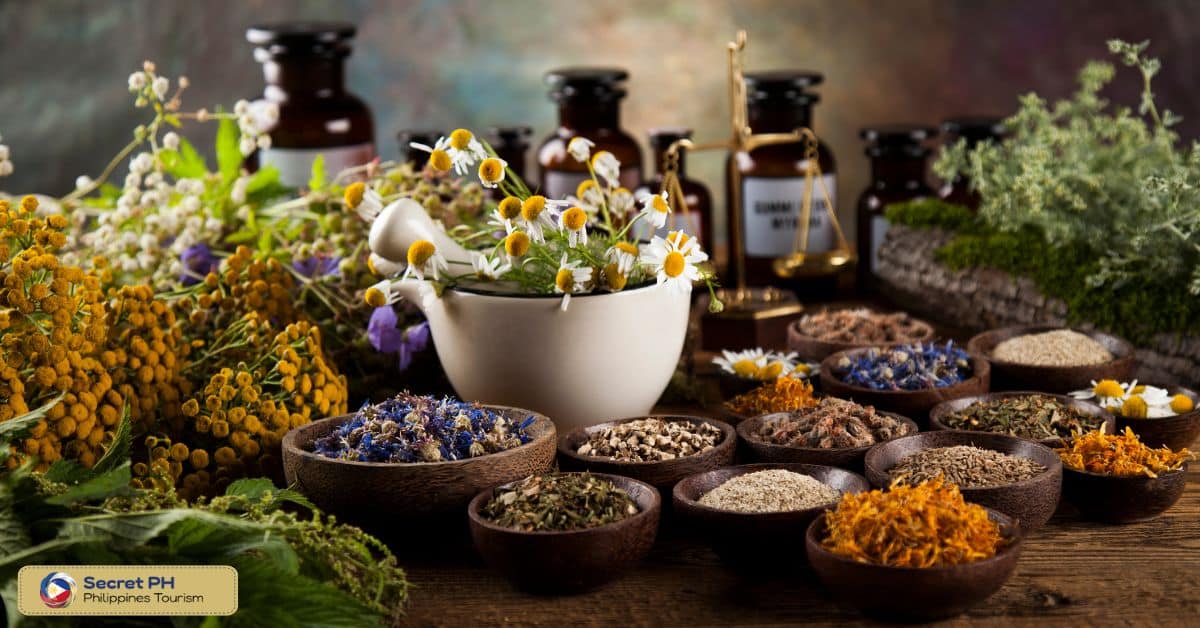
Massage Therapy
Massage therapy has been used as an effective treatment for many physical ailments. Today, it’s one of the most popular types of traditional alternative health practices in the Philippines. By manipulating muscles and tissue, a qualified massage therapist applies pressure to different areas of the body.
Different types of massage therapy are used by therapists depending on each individual’s needs. This includes Swedish massage, aromatherapy, reflexology or acupressure. With its numerous benefits, massage therapy has become widely available throughout the Philippines. It is increasingly sought out by those who are looking for a safe and natural way to treat physical conditions.
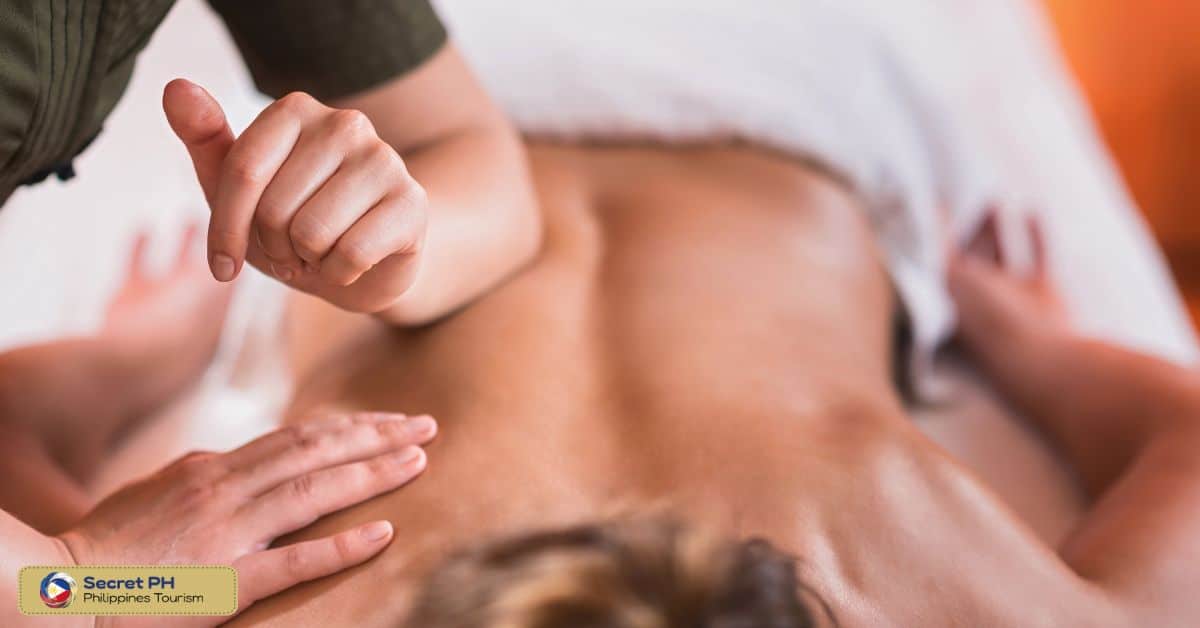
Spiritual Healing
Spiritual healing is one of the traditional alternative health practices found in the Philippines. This type of health practice encompasses a variety of services, such as spiritual readings, energy healing, and meditation rituals. These are done to promote an individual’s physical and mental well-being. It is a holistic approach to regaining and maintaining balance in one’s life.
Many Filipinos have found solace in using spiritual healers. Although not recognized by some mainstream schools of medicine, practitioners can provide benefits such as reducing stress, improving self-awareness, and enhancing personal development. By doing so, spiritual healers help individuals tap into the powerful force.
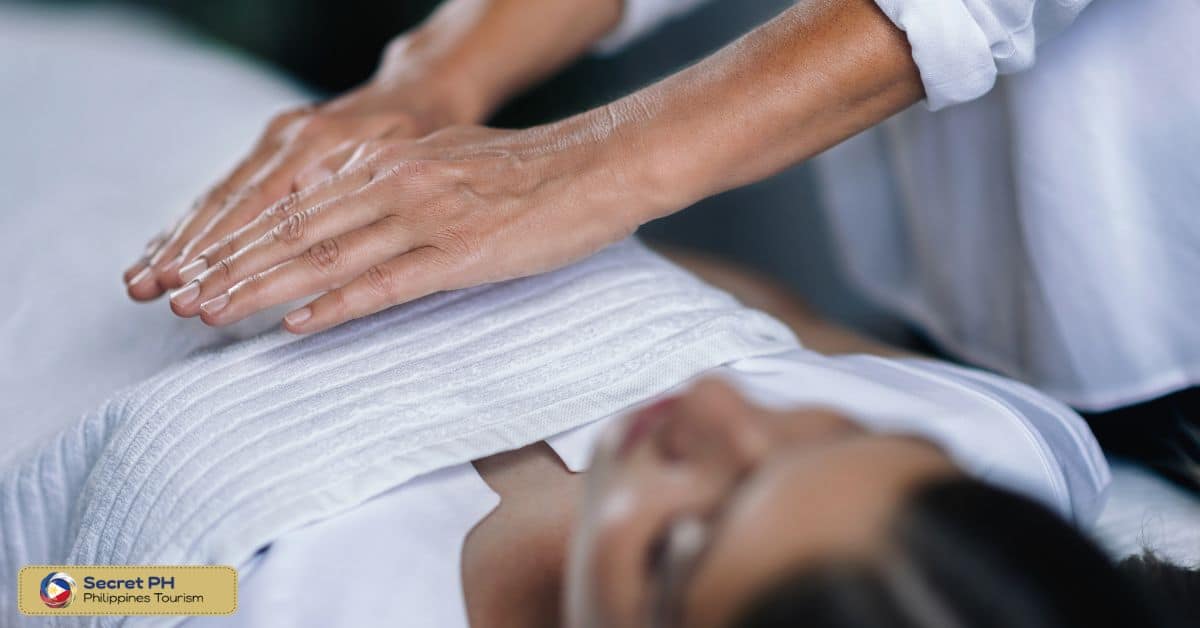
Cupping Therapy
Cupping therapy is one of the oldest and widely used traditional alternative health practices. It consists of placing cups on parts of the body to create a suction. This helps to increase circulation, relax muscles, and reduce inflammation. This type of therapy is combined with massage and can be used to help treat a variety of conditions.
Although the exact origins of cupping therapy remain unclear in Philippine cultures. It is believed that its healing benefits were first discovered centuries ago. From their own traditions they gained knowledge and experience which was then passed down through generations. Today there are many practitioners offering this type of healing practice with good results.
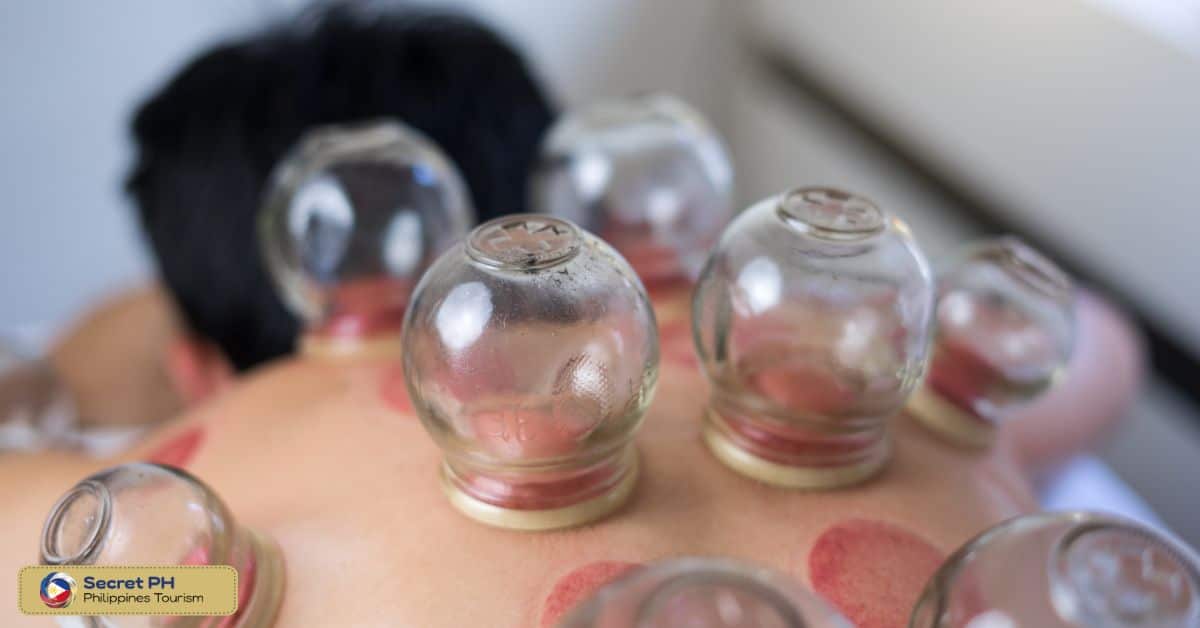
Acupuncture
Acupuncture is an ancient form of traditional alternative health practice that has been practiced. It involves insertion of fine needles into specific points on the body to unblock energy channels known as ‘meridians’. This stimulate the body’s natural healing process. Acupuncture is used to treat a wide range of health conditions. From chronic pain and musculoskeletal injuries to digestive issues and more. Due to its origins in eastern medicine, acupuncture tends to take a holistic approach by simultaneously addressing physical, mental, and spiritual concerns. It is proven that this method of medical therapy can prove very effective in treating a variety of illnesses.
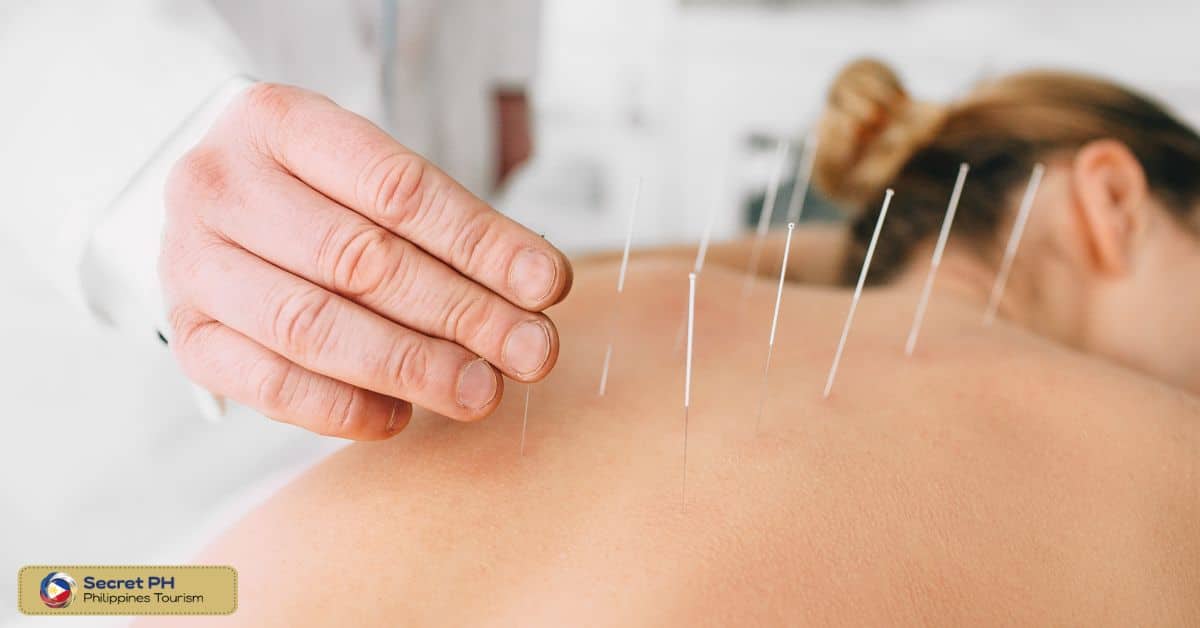
Benefits of Traditional Alternative Health Practices
Traditional alternative health practices are becoming increasingly popular around the world. These practices offer a range of health benefits that are often overlooked by those who rely solely on modern medical care. Practitioners of these traditional alternative health practices can often utilize them to help manage chronic conditions like high blood pressure and arthritis. Here are some benefits of Traditional Alternative Health Practices:
Accessibility
Accessibility to traditional alternative health practices has become more widespread in recent years. This often includes the use of herbal remedies and other holistic principles, such as massage therapy or acupuncture. Not only do these practices provide an adjunct to conventional medical treatments. They are also increasingly considered by many to be essential for the promotion of health and wellness. There is growing evidence that traditional alternative health practices can offer significant therapeutic benefits. By reducing stress levels, promoting relaxation, boosting overall energy levels and supporting the performance of physical activities.

Cost-effective
Traditional alternative health practices have been around for centuries offering people a more cost-effective solution. These healing methods can help improve overall physical health by addressing underlying issues. They may also help improve mental health by helping reduce stress and increasing self-awareness.
Additionally, because many traditional alternative health practices are non-invasive and non-toxic. They can be beneficial for people of all ages and backgrounds. Many practitioners believe that these methods of care not only promote physical well-being but also provide spiritual healing. Traditional alternative healthcare is an excellent option for those wishing to pursue a cost-effective means of promoting overall wellness.

Natural and Holistic Approach
Natural and holistic health practices have been used for centuries to support physical and mental wellbeing. These alternative remedies take a holistic approach towards health that takes into account the physical, psychological, social and spiritual aspects of health.
Not only is finding balance through natural approaches nutrient-rich, but it eliminates the toxicity of pharmaceuticals when addressing minor ailments. Although alternative remedies are not meant to replace medical treatments or provide a cure-all solution they can be utilized to achieve an overall healthier lifestyle. With many unknowns in regards to how our personal systems interact with dominant Western applied medicines and therapeutics today, taking a step back to understand and evaluate more traditional health care methods may be beneficial in supporting success in self-care.
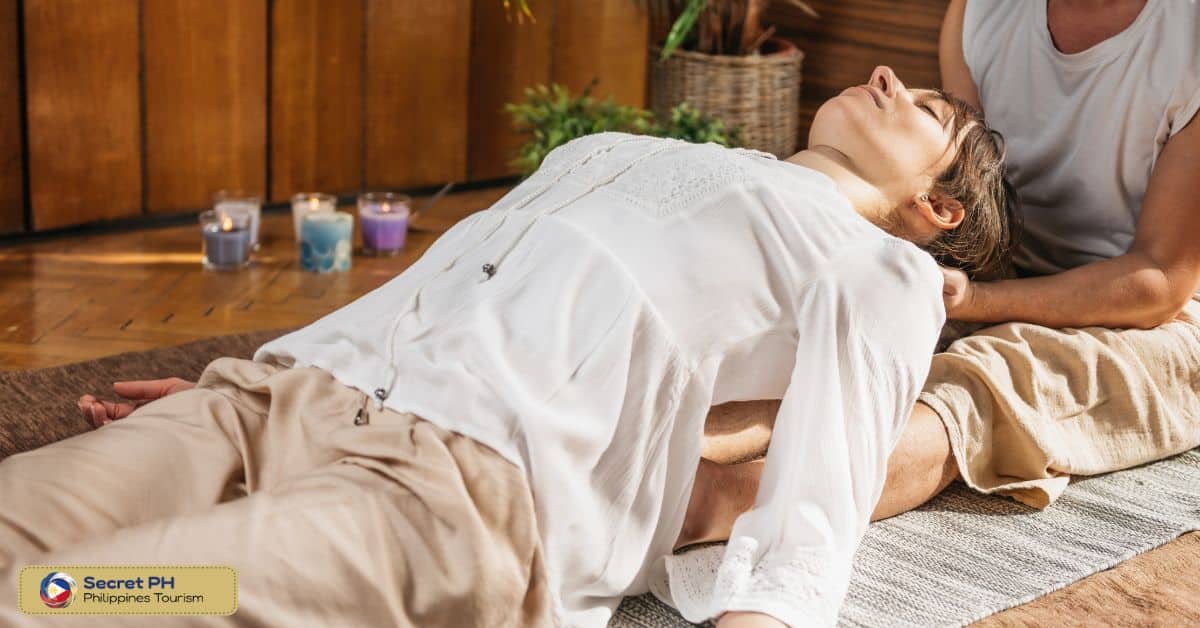
Challenges to Traditional Alternative Health Practices
Traditional alternative health practices have been used for centuries all over the world, but in recent years there has been growing skepticism and debate around their efficacy. Various factors such as a lack of scientific evidence, cultural beliefs that prioritize a medical approach to health, and modernity can challenge the use of these practices. Understanding and validating these approaches may require complex knowledge of ancestry or ritualistic practices that are slowly dying out.
Lack of Scientific Evidence
The challenges posed by the lack of scientific evidence when it comes to traditional alternative health practices are considerable. For example, many natural remedies have been passed down between generations, but have never been studied in a clinical setting or verified with laboratory testing. While research is ongoing to examine the effectiveness and benefits of these treatments, the process is slow-going and results remain inconclusive.
This means it can be difficult for practitioners and patients alike to make informed decisions about which treatments are safe and effective for their individual circumstances. Ultimately, it’s important that people learn how to evaluate the credibility of any medical claims – including those made by traditional and alternative medical practitioners – before deciding on any treatment plan.
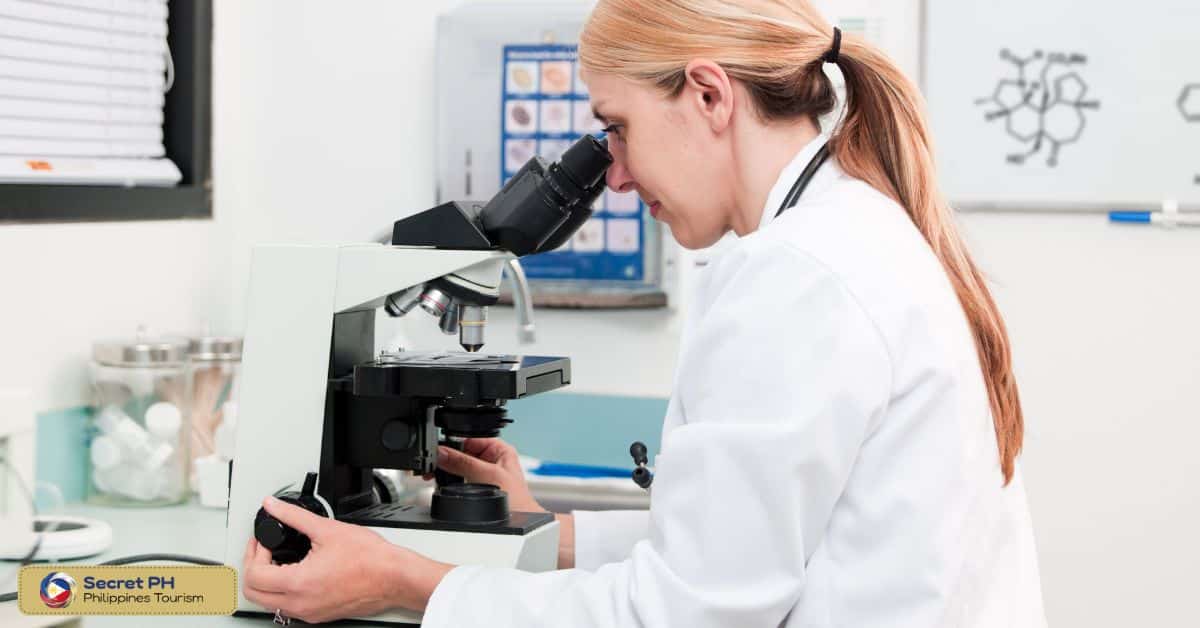
Limited Access to Resources
One of the biggest challenges to traditional alternative health practices is limited access to resources. Some areas may not have access to traditional ingredients or lack knowledge on how best to make use of them, making it difficult for practitioners in those regions to practice their craft properly. Even when a practitioner has the necessary ingredients and expertise, they may struggle with attaining compliance from clients due to cultural taboos or stereotypes attached to alternative health practices.
Finally, financing can be an issue as some prospective clients are unable or unwilling to pay enough for these treatments or services. Limited access to needed resources is an ongoing problem which hinders small businesses specializing in alternative medicine, preventing many potential practitioners and clients alike from fully engaging in these healing practices.
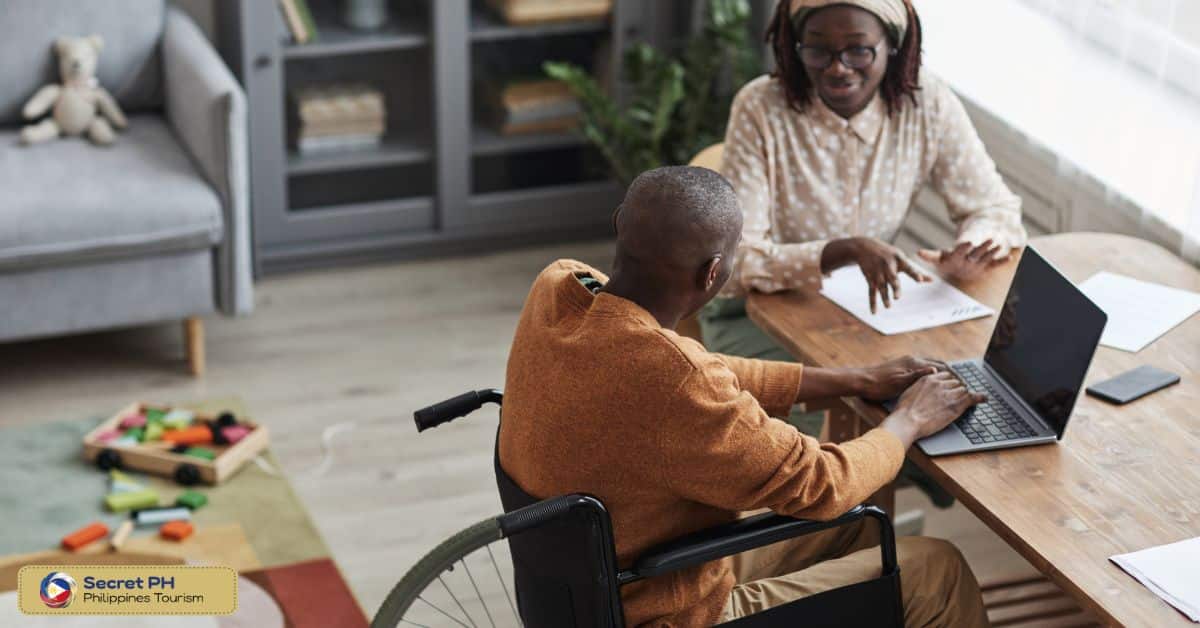
Lack of Regulation
One of the key challenges facing traditional alternative health practices is their lack of regulation in many parts of the world. While many countries have established laws and regulations that govern modern medical practices and treatments, many traditional alternative methods fall outside of such oversight. Without any enforced standards, there is always a risk that those looking for alternative forms of healthcare might receive an ineffective or even harmful treatment.
Furthermore, without restrictions or guidelines imposed on practitioners, anyone can potentially offer treatments in this area, regardless of experience or knowledge. This not only leaves people with inadequate care but also exacerbates the danger to patients if an unauthorized and uncertified individual performs treatments in secret facilities with little to no safety protocols.

In Conclusion
Traditional Alternative Health Practices have been an integral part of Filipino culture for centuries. Even today, many Filipinos turn to these practices to stay healthy or cure illnesses that modern medicine cannot treat. While there are claims that traditional practices alone can cure complex diseases. It is best to use a mixture of both traditional and modern health practices to maximize holistic health results.
Regular trips to the doctor and daily consumption of natural medicines can help maintain good mental and physical health while allowing a person to reap the benefits of these longstanding Filipino traditions. Traditional Alternative Health Practices continue to be an important aspect of Filipino society.

